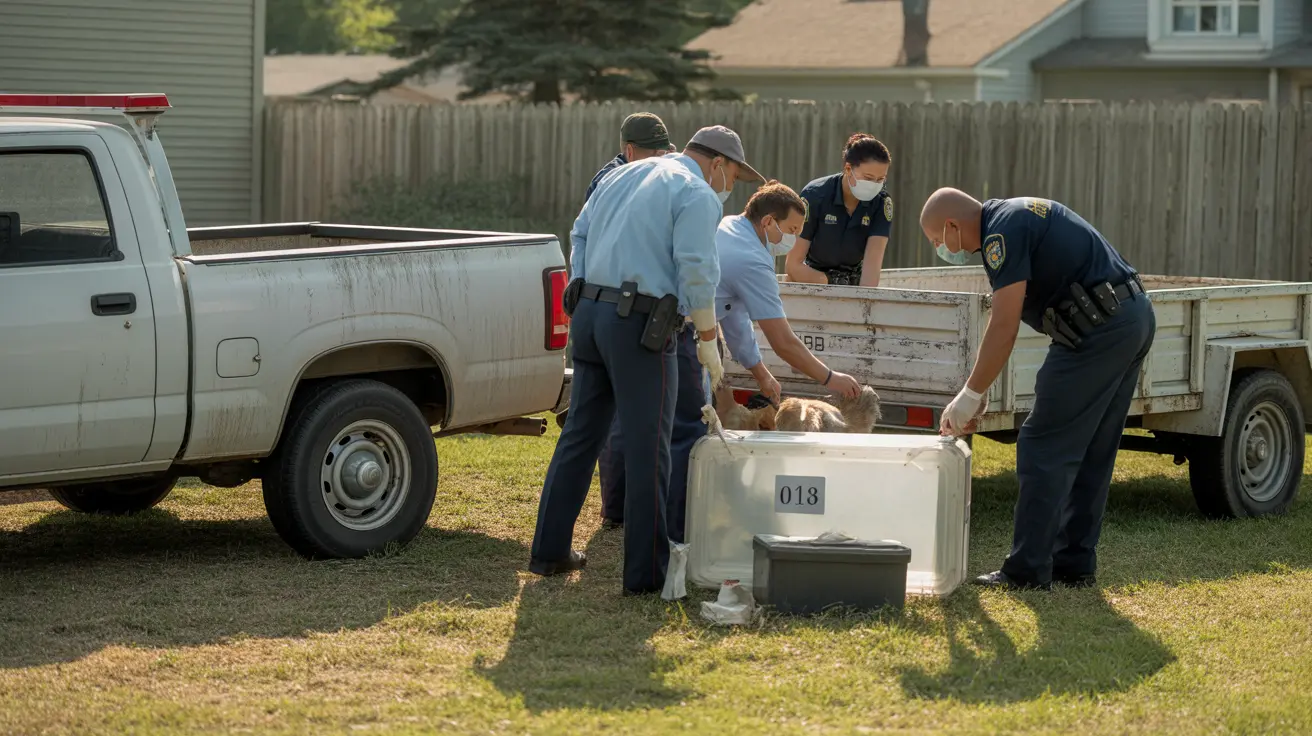What to Avoid with Dog Dental Chews: A Pet Owner's Guide
Dog dental chews have become a staple in pet care routines, helping to reduce tartar buildup, promote fresher breath, and provide chewing satisfaction. However, just because a product is marketed as a dental chew doesn't mean it's automatically safe or effective. In fact, some dental chews can pose risks to your pet if chosen unwisely. Understanding what to avoid with dog dental chews is crucial to protecting your dog's health and well-being.
1. Avoid Chews That Are Too Hard
Dental chews that are excessively hard can lead to cracked or broken teeth. While aggressive chewers might enjoy a long-lasting chew, hardness can become hazardous rather than helpful.
- Knuckle bones, antlers, and hooves are often too hard for most dogs and may damage teeth.
- Perform the "thumbnail test": if you can’t make a dent in the chew with your thumbnail, it’s likely too hard.
2. Be Wary of Dangerous Ingredients
Not all dental chews are made with your pet’s health in mind. Some may contain ingredients that are harmful or contribute to long-term health issues.
- Avoid artificial preservatives such as BHA, BHT, and ethoxyquin.
- Steer clear of artificial colors and flavorings that offer no nutritional value.
- Watch for excessive sodium or sugar content, which can cause health problems.
3. Poorly Sized Chews
Dental chews that are either too small or too large for your dog can pose choking hazards or may not deliver the intended dental benefits.
- Too small: Dogs can accidentally swallow small chews whole, risking choking or intestinal blockage.
- Too large: Oversized chews might not fit comfortably in your dog’s mouth, reducing effectiveness and interest.
4. Highly Processed or Synthetic Products
Dental chews that resemble plastic or are overly processed may provide minimal or no health benefits. Some may even be difficult to digest.
- Look for natural ingredients like veggies, healthy grains, and real meats.
- Choose products labeled as easily digestible with limited additives.
5. Products Without Veterinary Endorsement
Dental chews that lack approval or recommendation from veterinary organizations may not be effective or could be harmful.
- Look for the Veterinary Oral Health Council (VOHC) seal, which confirms a product meets pre-set standards for dental care efficacy.
6. Ignoring Special Dietary Needs
Not all dogs can tolerate common ingredients like gluten, grains, or certain proteins found in some popular chews.
- Dogs with allergies or sensitive stomachs may react negatively to common ingredients.
- Choose specialty chews for specific needs such as grain-free, limited-ingredient, or dental chews for senior dogs.
7. Overuse or Overfeeding
Even the safest chews can become harmful in excess.
- Dental chews often contain calories—too many can lead to weight gain or digestive upset.
- Follow feeding guidelines and incorporate them into your dog’s total daily diet.
Tips for Choosing the Right Dental Chews
Follow these general guidelines when shopping for the best dental chews for your furry friend:
- Consult with your vet for personalized recommendations.
- Read labels thoroughly and keep an eye on nutritional information.
- Supervise your dog during chewing sessions to prevent accidents.
- Introduce new chews gradually to monitor for adverse reactions.
Conclusion
Dental chews can be a great addition to your dog's oral care, but selectivity is key. Avoid overly hard items, poor ingredients, improper sizing, and excessive usage. By staying informed and cautious, you help ensure that these treats support—not sabotage—your dog’s oral and overall health.





